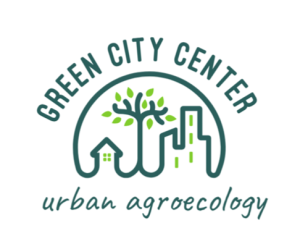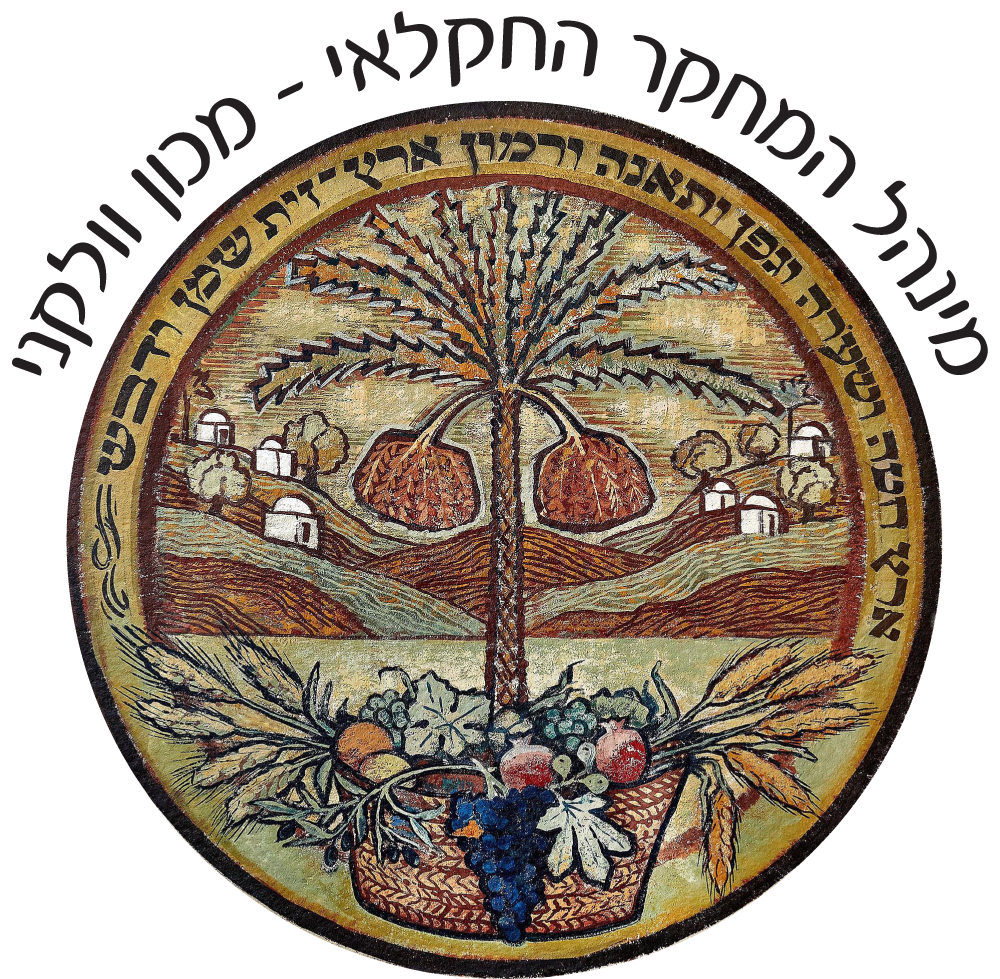The Israeli Green City Center (IGCC)
Vision and goals:
UN projections suggest that 70% of the world’s population will reside in cities by 2050. Urban geometry and energy emissions result in a temperature increase known as the “urban heat island” effect, which also leads to reduced air quality and increased pollution. While vegetation can mitigate these issues, its effectiveness depends on plant adaptation to the environment, plant health, and soil condition. Our Center advances research on urban forestry and agroecology, integrating plants and green spaces within cities to promote sustainable urban living.
Activities and accomplishments:
Urban vegetation and climate change: optimizing the cooling potential of the urban forest in the city heat island
- Improving living conditions and the function of vegetation in the urban space under changing climate conditions.
- Examining the transition between rural and urban spaces: vegetation, pests, temperature and energy balance.
- Improving the subsoil and tree habitat in different cities.
- Monitoring carbon sequestration, and promoting pollutant reduction. The knowledge gained will be accessible to city residents and policymakers.
Israel’s urban gardens for green education and food security initiative:
- Engaging school students and city residents in growing vegetables within urban areas.
- Providing specialized training in the fields of green cities and urban ecology, for agriculture teachers, university and high school students.
- Developing and conducting classes on sustainable green solutions for homes and business, in agricultural farms, schools and public gardens, in order to cultivate practical skills, environmental awareness, and sustainable urban practices across diverse community settings.
Head of Center: Prof. Rina Kamenetsky Goldstein
Contact:
972506220511
https://www.green-city-volcani.com/

